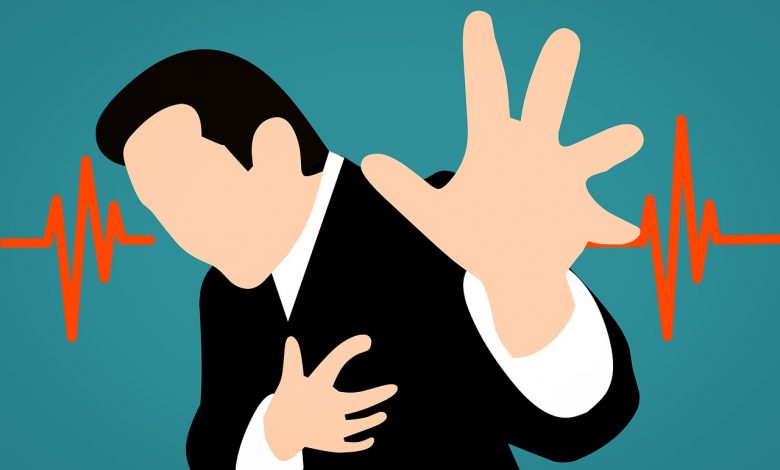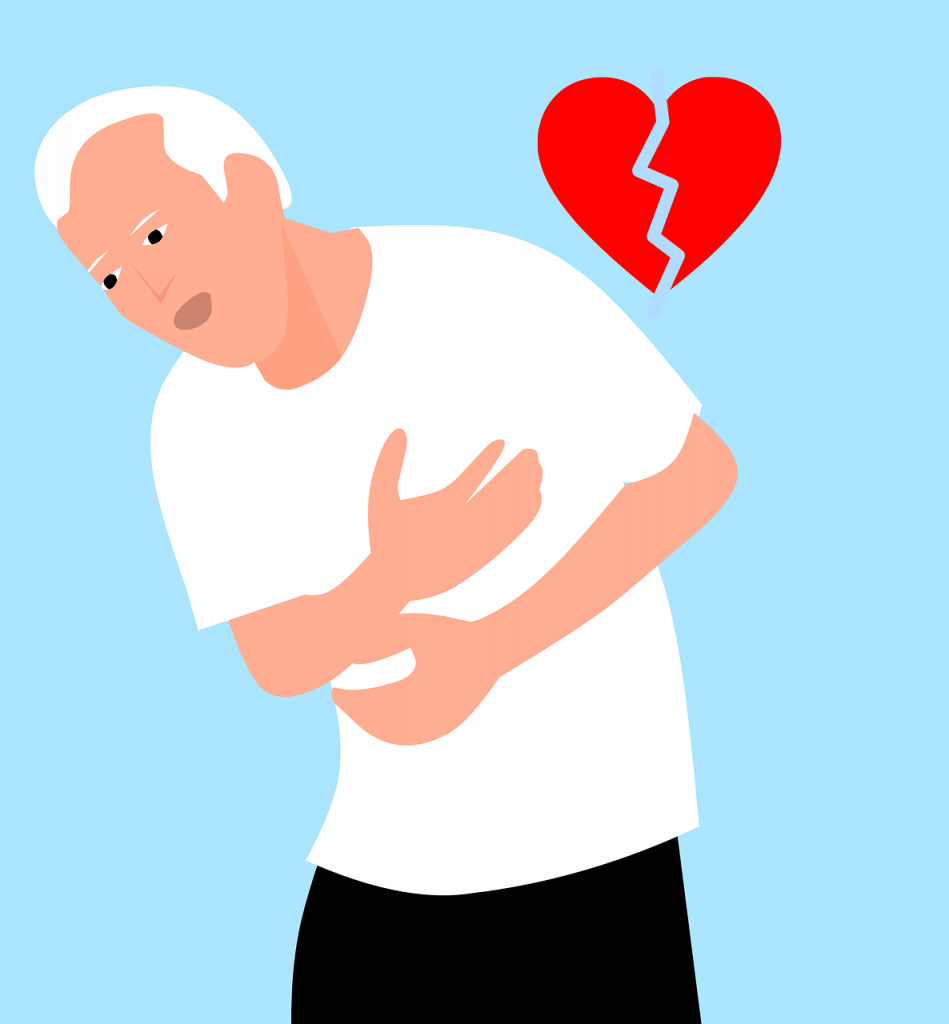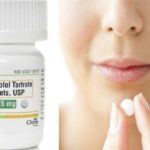What Is The Recommended Metoprolol Dosage For Arrhythmia?

An arrhythmia is a problem with the rate or rhythm of your heartbeat. It means that your heart beats too quickly, too slowly, or with an irregular pattern. When the heart beats faster than normal, it is called tachycardia. When the heart beats too slowly, it is called bradycardia. The most common type of arrhythmia is atrial fibrillation, which causes an irregular and fast heartbeat. The prevalence of arrhythmia is between 1.5 and 5 percent of the population.
Many factors can affect your heart’s rhythm, such as having had a heart attack, smoking, congenital heart defects, and stress. Some substances or medicines may also cause arrhythmias.
Symptoms of arrhythmias include:
• Fast or slow heartbeat
• Skipping beats
• Lightheadedness or dizziness
• Chest pain
• Shortness of breath
• Sweating
Your doctor can run tests to find out if you have an arrhythmia. Treatment to restore a normal heart rhythm may include medicines, an implantable cardioverter-defibrillator (ICD) or pacemaker, or sometimes surgery.
What is metoprolol oral tablet?
Metoprolol is used alone or together with other medicines to treat high blood pressure (hypertension). High blood pressure adds to the workload of the heart and arteries. If it continues for a long time, the heart and arteries may not function properly. This can damage the blood vessels of the brain, heart, and kidneys, resulting in a stroke, heart failure, or kidney failure. High blood pressure may also increase the risk of heart attacks or strokes. These problems may be less likely to occur if blood pressure is controlled.
Metoprolol is also used to treat severe chest pain (angina) and lowers the risk of repeated heart attacks. It is given to people who have already had a heart attack. In addition, metoprolol is used to treat patients with heart failure.
Metoprolol is available in these two forms, which are described in more detail below:
- immediate-release tablets, called metoprolol tartrate
- extended-release tablets, called metoprolol succinate
Both of these forms of metoprolol can be used to:
- prevent angina (a type of chest pain)
- treat high blood pressure
Additionally, metoprolol succinate is used to treat heart failure. And metoprolol tartrate is used to treat a heart attack or prevent one from occurring in the future.
Both metoprolol succinate and metoprolol tartrate can be used in adults. In addition, metoprolol succinate can be used in some children with high blood pressure.
Metoprolol tartrate is an immediate-release tablet, which means it works right away after you take it. Metoprolol succinate, on the other hand, is an extended-release tablet. It works consistently over a period of time after you take it.
How metoprolol work
Metoprolol is a beta-blocker. It works by affecting the response to nerve impulses in certain parts of the body, like the heart. As a result, the heart beats slower and decreases blood pressure. When the blood pressure is lowered, the amount of blood and oxygen is increased in the heart.

How should I take metoprolol for arrhythmia?
Metoprolol is a prescription medication. Your doctor will recommend your dosage based on your specific needs.
Typical dosing for metoprolol tartrate
• The typical dose to treat high blood pressure is 100-450 mg by mouth in divided doses daily.
• The typical dose to treat chest pain is 100-400 mg by mouth in 2 divided doses daily.
• The typical dose for early treatment of a heart attack is 50 mg by mouth every 6 hours for 48 hours.
• The typical dose for late treatment of a heart attack is 100 mg by mouth twice a day for at least 3 months.
Typical dosing for metoprolol succinate (Toprol XL)
High blood pressure
• Adults: The typical dose is 25 mg to 100 mg by mouth once a day.
• Children 6 years and older: The dose is based on your child’s weight. The typical starting dose is 1 mg/kg of body weight by mouth once a day.
Chest pain: The typical dose is 100 mg by mouth once a day.
Heart failure: The typical starting dose is 12.5 mg to 25 mg by mouth once a day.
Depending on how you respond to the initial dosage, your physician may recommend that you increase your daily intake. The maximum dosage is 450 mg per day.
You should be careful not to go over your recommended dosage of Metoprolol. Taking too much can slow down your heart rate too much and cause breathing difficulties, dizziness, and tremors.
Your doctor may start you on a low dose of metoprolol and gradually increase your dose.
Metoprolol can help with some arrhythmia but does not cure them. Continue to take metoprolol even if you feel well.
Metoprolol side effects
Metoprolol oral tablet can cause certain side effects.
More common side effects
The more common side effects that can occur with metoprolol include:
• tiredness
• diarrhea
• constipation
• breathing problems such as shortness of breath, cough, and wheezing
• bradycardia (heart rate that’s slower than normal)
• reduced interest in sex
• rash
If these effects are mild, they may go away within a few days or a couple of weeks. If they’re more severe or don’t go away, talk to your doctor or pharmacist.
Serious side effects
Call your doctor right away if you have serious side effects. Call 911 if your symptoms feel life-threatening or if you think you’re having a medical emergency. Serious side effects and their symptoms can include the following:
• Low blood pressure (hypotension). Symptoms can include:
o severe dizziness
o lightheadedness
o fainting
• Cold hands and feet. Symptoms can include
o hands and feet that are cold and may be painful
• Very slow heart rate (severe bradycardia)
• Extreme fatigue. Symptoms can include:
o feeling more tired than usual
o tiredness that gets progressively worse each day
• Serious depression. Symptoms can include:
o continuous feelings of sadness or anxiety
o feelings of hopelessness or worthlessness
o lack of interest in hobbies you once enjoyed
o eating too much or too little
o trouble concentrating
Metoprolol may cause other side effects. Call your doctor if you have any unusual problems while taking this medication.
If you experience a serious side effect, you or your doctor may send a report to the Food and Drug Administration’s (FDA) MedWatch Adverse Event Reporting program online (http://www.fda.gov/Safety/MedWatch) or by phone (1-800-332-1088).





